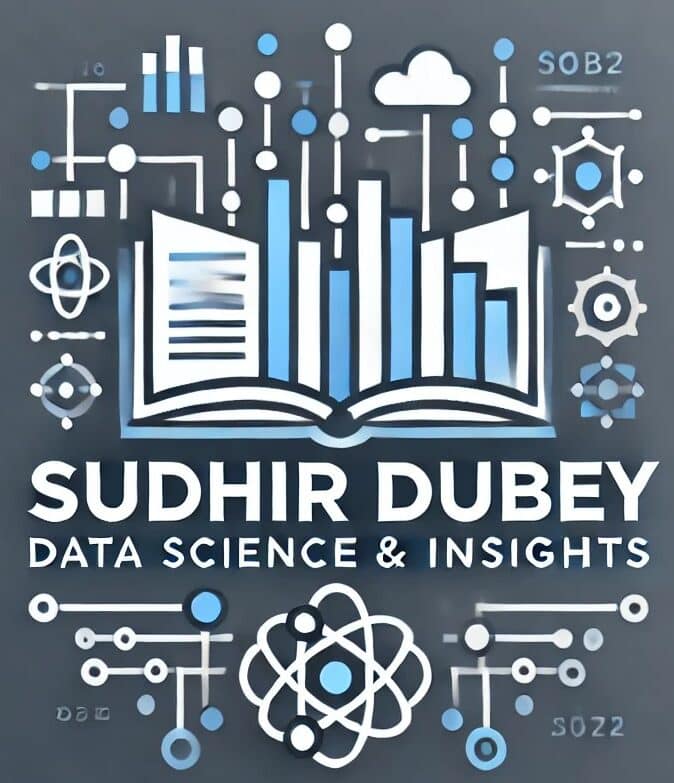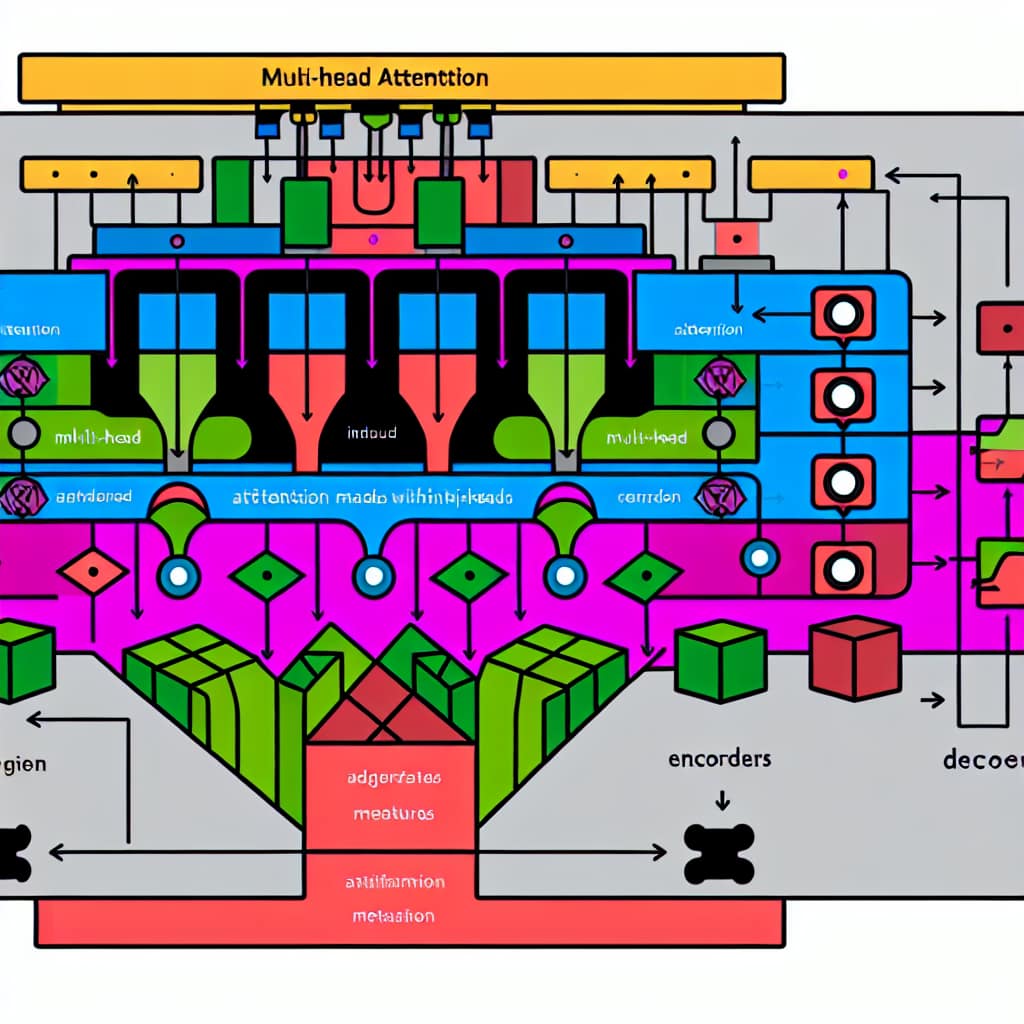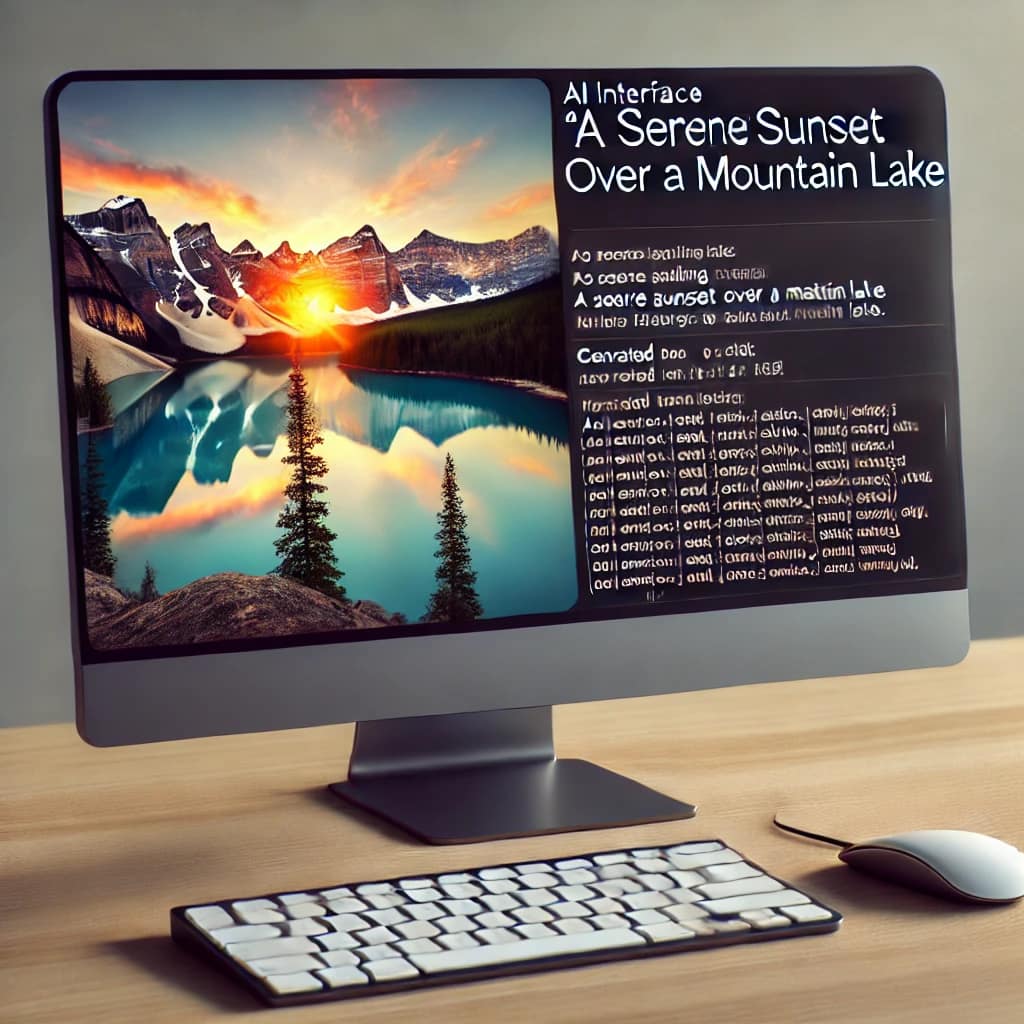GenAI Music: 2025’s Essential Guide to AI Creativity in Music Production
As technology continues to disrupt traditional industries, GenAI music is reshaping the future of music production. This evolution leverages the capabilities of AI creativity, offering new tools and methods that intrigue both musicians and AI professionals alike. Imagine a world where artificial intelligence can compose symphonies, suggest chord progressions, and even create original lyrics. This article explores the essential ways GenAI is transforming the music industry in 2025, appealing to data science professionals, enthusiasts, and learners looking to explore these groundbreaking applications.
We’ll delve into the role of advanced AI applications in music, examine emerging trends, and highlight frameworks that drive this innovation. Additionally, we’ll explore case studies illustrating real-world impacts and offer insights from industry leaders. Whether you’re a seasoned professional or a curious learner, this comprehensive guide will provide the depth of understanding you seek in GenAI music production.
Advanced AI Applications in Music
GenAI music production is primarily driven by advancements in machine learning algorithms and neural networks. Tools like OpenAI’s MuseNet and Google’s Magenta project exemplify how AI creativity is utilized to compose music. These applications analyze vast datasets of existing music to generate new compositions, mimicking styles from classical to contemporary.
Recent frameworks are designed to be user-friendly, enabling musicians without coding expertise to benefit. For instance, DAW integrations allow seamless collaboration between AI-generated material and traditional recording methods, making it easier for artists to innovate.
Furthermore, AI assists in sound design by using deep learning models to predict and generate tonal qualities and effects. This not only saves time but also encourages sonic exploration that would be time-consuming or impossible manually.
Emerging Trends in GenAI Music
In 2025, we’re witnessing a surge in personalized music experiences facilitated by GenAI. Streaming platforms employ AI to recommend songs tailored to individual preferences, leading to increased listener satisfaction. Another trend is the democratization of music production. With AI tools becoming more accessible, independent artists now have the resources to produce high-quality tracks without expensive studio setups.
The rise of collaborative AI platforms is another trend where musicians and AI work together in real-time. Such environments foster creativity and enable artists to push boundaries with AI as their muse.
AI-generated live performances are also gaining traction. These shows combine human and AI creativity to offer audiences a unique auditory and visual experience, marking a significant shift in concert experiences.
Real-World Case Studies
A notable example of GenAI music in action is Taryn Southern’s album “I AM AI,” entirely co-created with AI tools. This pioneering project demonstrated how artists can harness AI to explore new creative frontiers. Similarly, pop artist YACHT employed AI to help recreate their album by providing new melodies and lyrical suggestions, showcasing the technology’s real-world impact.
In a different context, Warner Music Group partnered with experimental AI company Endel to create AI-driven soundscapes that help listeners focus and relax. This collaboration highlights AI’s utility beyond traditional music applications.
Insights from Industry Leaders
Merging AI with music is not without its challenges. According to music producer Alex Da Kid, balancing human creativity with AI output is crucial. He emphasizes that while AI can generate ideas, the human touch is irreplaceable in bringing emotional depth to music.
Similarly, Dr. Holly Herndon, an AI music researcher, advocates for ethical considerations in AI music production, ensuring that artists receive credit and compensation for AI-derived works. Her insights are crucial for fostering a collaborative environment where AI serves as a tool that enhances rather than replaces human creativity.
Conclusion
The GenAI revolution in music production is reshaping creative processes, offering limitless possibilities for artists and producers. While AI creativity introduces novel ways to compose and produce music, it does not replace human artistry but rather augments it.
As technology continues to evolve, the role of AI in music will undoubtedly deepen, creating new paths for collaboration and innovation. We encourage readers to explore these technologies, experiment with AI tools, and join forums where artists and technologists intersect to continue shaping the future of music.
For more insights, feel free to subscribe to our newsletter. Discover more about the intersection of AI and creativity by visiting our detailed analysis or learn more from IBM’s AI Music resources.
FAQs
What is GenAI in music production?
GenAI refers to Generative AI technologies used in music production to compose, produce, and enhance musical works through machine learning algorithms and neural networks.
How do AI tools benefit musicians?
AI tools provide musicians with resources to compose music faster, explore new creative avenues, and produce high-quality tracks without needing extensive technical knowledge or resources.
What challenges exist in GenAI music?
Challenges include ensuring the ethical use of AI, maintaining the role of human artistry, and establishing frameworks for crediting and compensating artists whose work informs AI models.
Are there any notable AI music projects?
Yes, projects like Taryn Southern’s “I AM AI” and the collaboration between Warner Music Group and Endel highlight the potential of AI in transforming music production and consumption.



